Current and Past Pros Share Their Favorite Women’s Triathlon History Moment
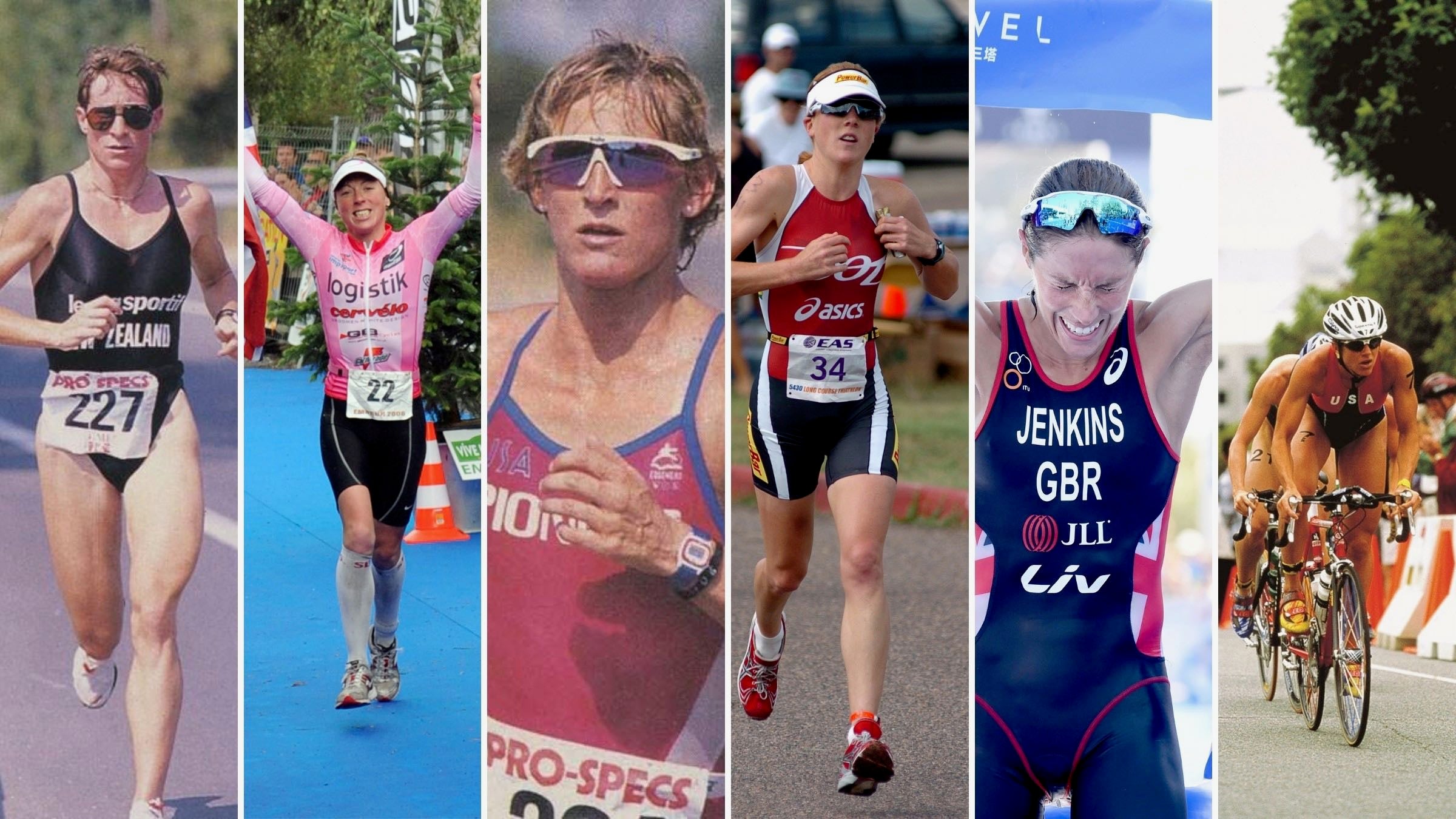
From the very beginning, women have been a part of triathlon’s story. The first-ever triathlon, hosted by the San Diego Track Club in 1974, had at least a dozen female participants, including Judy Collins, who would go on to invent the Ironman triathlon with her husband, John. The winner of the first organized triathlon in Spain, Marisol Casado, would eventually become the President of the International Triathlon Union (the first woman to hold that title, and the only female head of a Summer Olympic Federation). The most iconic and dramatic image in triathlon history is of Julie Moss, persisting until the very end as she crawls across the finish line of the 1982 Ironman World Championship.
In celebration of Women’s History Month, we asked past and current female pros to share the people and moments of women’s triathlon history that had the biggest impact in shaping their individual stories and the sport as a whole.
RELATED: A Brief History of Women in Triathlon
Karen Smyers
1990 & 1995 ITU Triathlon World Champion, 1995 Ironman World Champion, 2009 ITU Hall of Fame Inductee
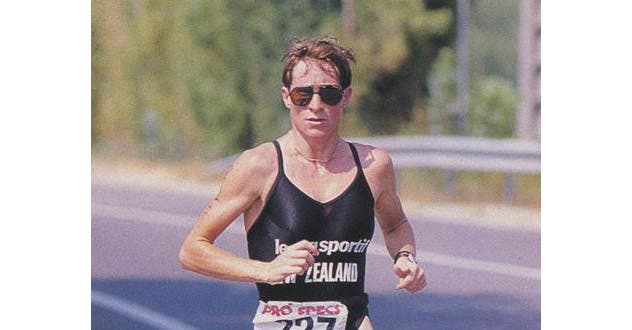
The event that had the most impact to me was being a member of Team USA at the first official ITU World Championships in Avignon, France in 1989. It was immensely significant for the sport to have a recognized World Championships supported by the best athletes and countries from all over the world as this set the stage for the sport to grow, be recognized by the IOC, and eventually become an Olympic sport which opened up funding and visibility for all future triathletes. But there was a particular moment at that race which really impacted the future of women in the sport: due to budget concerns, the French organizing committee had announced after our arrival that the prize money was going to be cut for the women professionals so that it would no longer be equal to the men’s purse. The legendary Erin Baker and other top women led a protest, supported by many of the top professional men including Mark Allen, declaring that they would not race unless equal prize money was reinstated. It succeeded—this was a crucial moment that cemented triathlon’s tradition (most of the time!) of women’s equality.
Emma Carney
1994 & 1997 Triathlon World Champion, 2014 ITU Hall of Fame Inductee
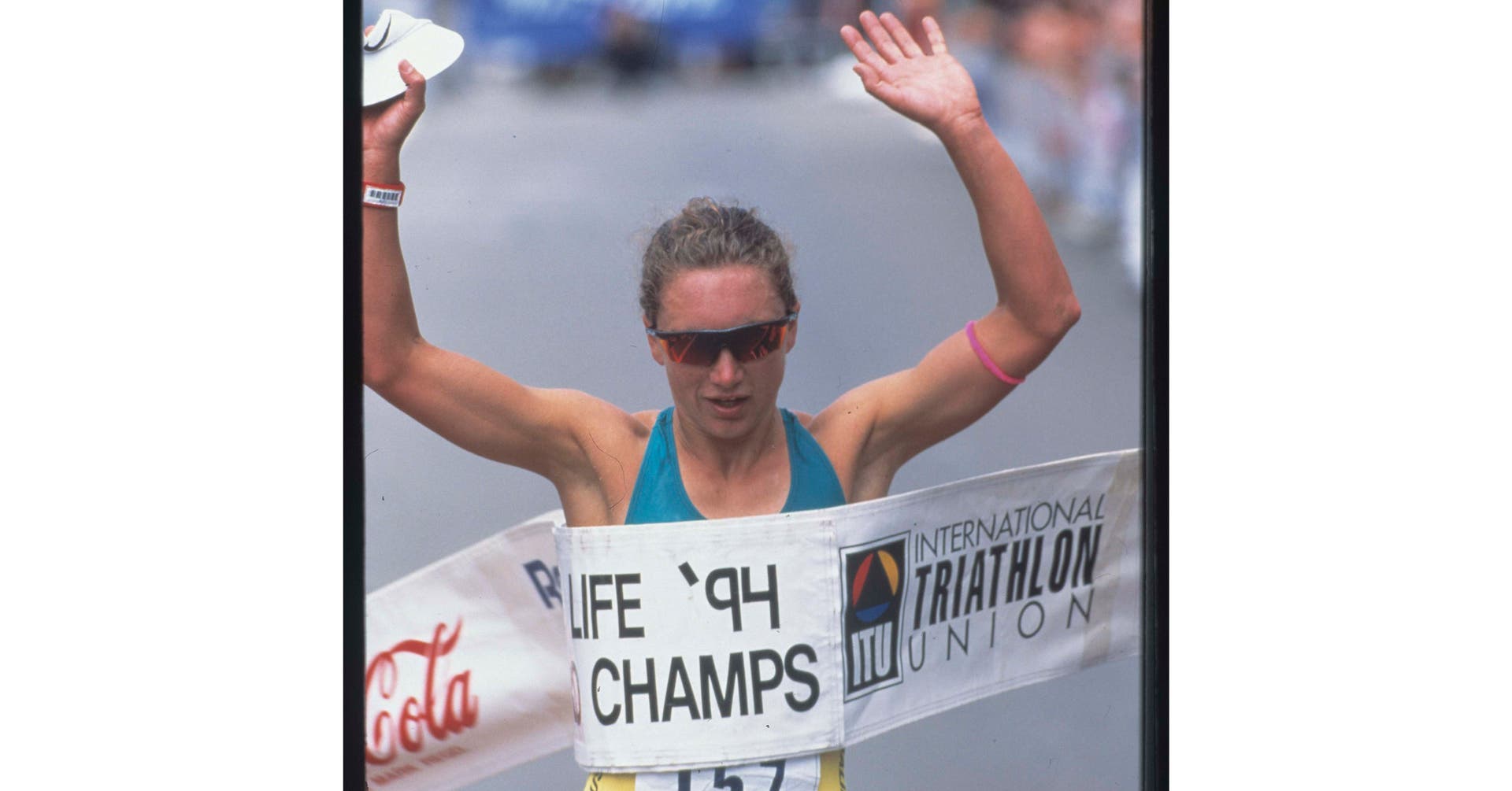
I was a runner through school and ran for Australia before triathlon. I decided to have a go at triathlon, and won the world title in Wellington 1994 in my first international triathlon and debut as a triathlete. I won by the largest margin ever. My sister also won the junior world title on that day—no siblings have repeated this feat. I won more ITU races than anyone and had a standout win record before my career was cut short with cardiac arrest.
Nicole DeBoom
Ironman champion, Skirt Sports founder
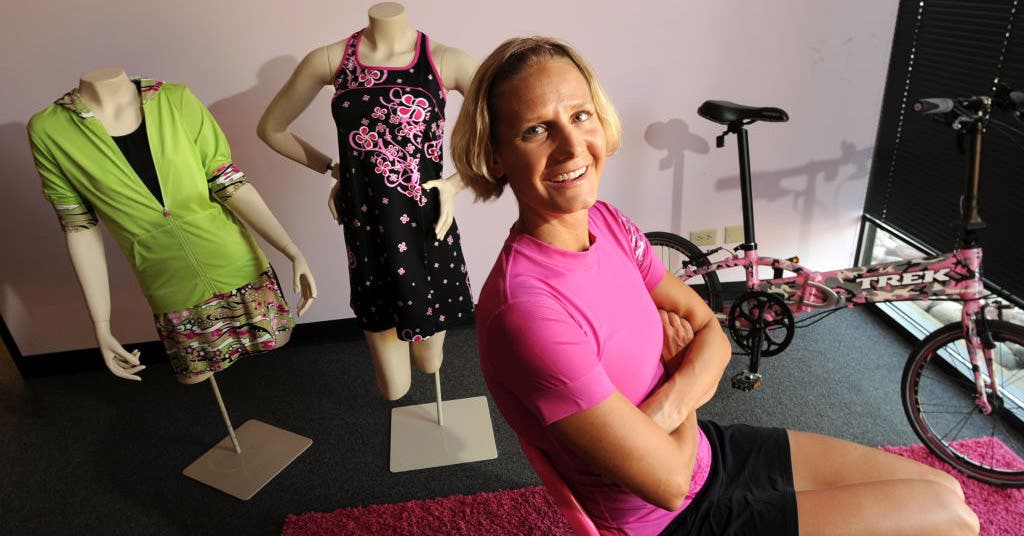
One race determined the next 15 years of my life. Three days after I won 2004 Ironman Wisconsin, wearing the first-ever prototype of a running skirt, I incorporated Skirt Sports, Inc, a women’s athletic wear brand that sought to shake up the athletic world. At the time, women’s training and racing gear were very unisex. It lacked comfort, cute factor and it certainly didn’t fit women’s bodies as it should. With one style the running skirt gave women confidence and ultimately freedom to exercise in clothing that looked and felt great. For the next 15 years, I grew and nurtured Skirt Sports which became about so much more than the products, it was, and still is, a community of women supporting other women in their quests for happiness through fitness.
Heather Wurtele
7-time Ironman Champion, 25 wins at half-Iron distance
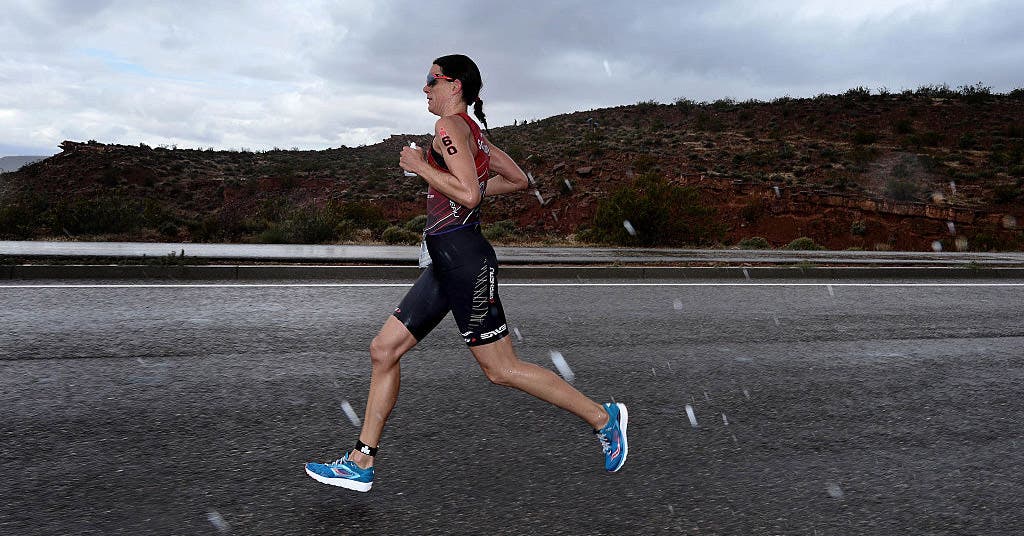
Paula Newby-Fraser made women in triathlon better, not just by the way she raced but even years after she retired. In 2011, she was the mountain biker assigned to the lead woman at Ironman St. George, which happened to be me. I was still in the starry-eyed early days of my career, so thought it was really cool that this absolute triathlon legend was out pedaling the lead bike. PNF, out there with ME! It definitely some added motivation to not suck. Then she told me to stop being a dumbass and run the tangents on the run course. When someone like that says “run the tangents,” you remember.
Jess Learmonth
European, Commonwealth and World Triathlon Series medalist, Team Great Britain – Olympics 2020
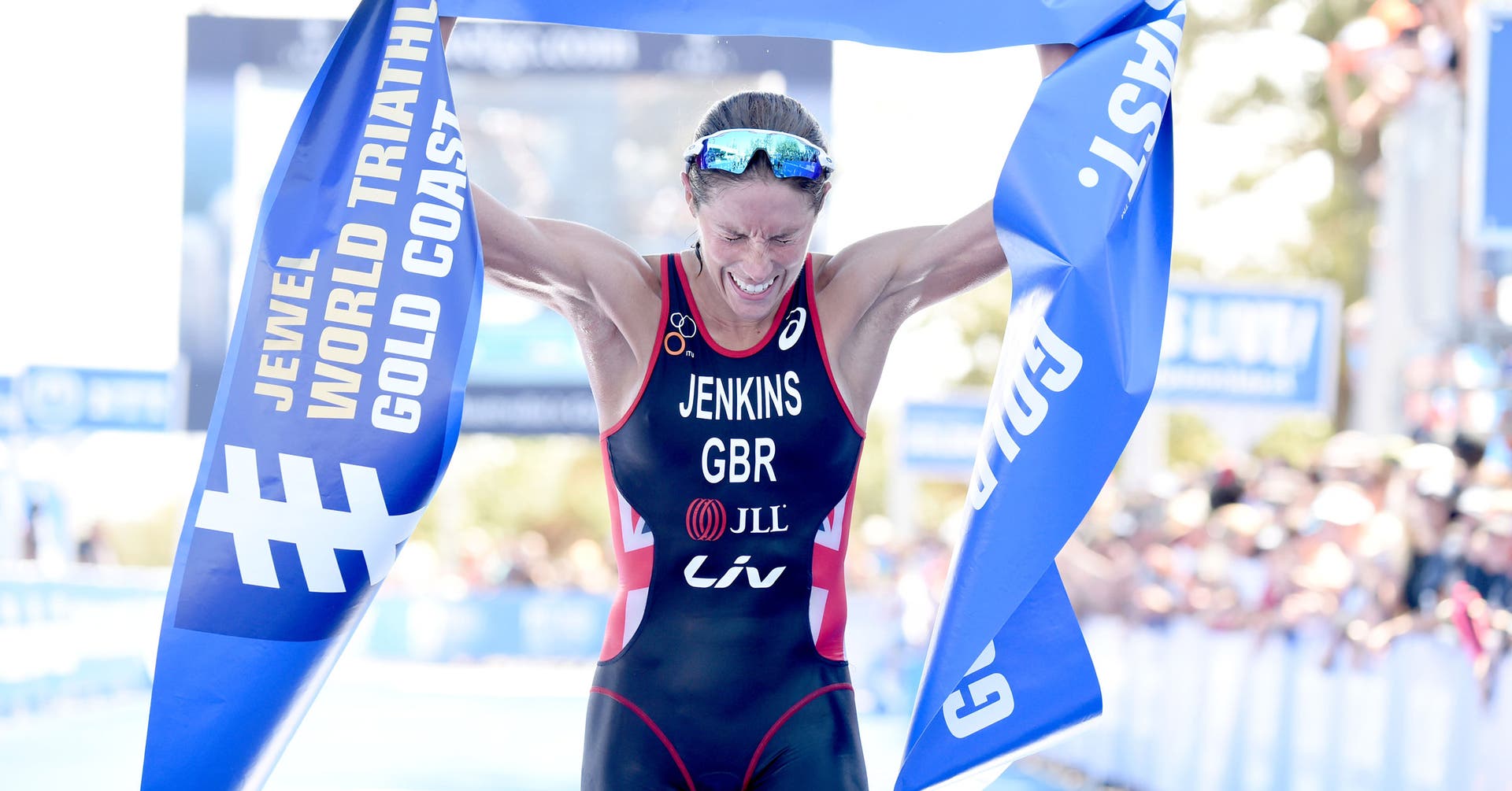
When I was first getting into triathlon, Helen Jenkins was our leading Brit. I remember watching her at the 2012 Olympics in London and was just amazed by her performance. I remember especially how fast she ran after the swim/bike. I just thought she was brilliant. Once I got onto the Great Britain squad, I heard about the lead up to the 2012 Olympics for Helen and what she went through: dealing with an injury and the pressure of been the main athlete with two domestiques working for her must have been really stressful. Discovering this confirmed to me just how impressive her performance was. She inspired me then and still does today, competing at a high level after having two children. Also: She’s a right good laugh.
Allysa Seely
2016 Paralympic Gold Medalist, three-time World Paratriathlon Champion
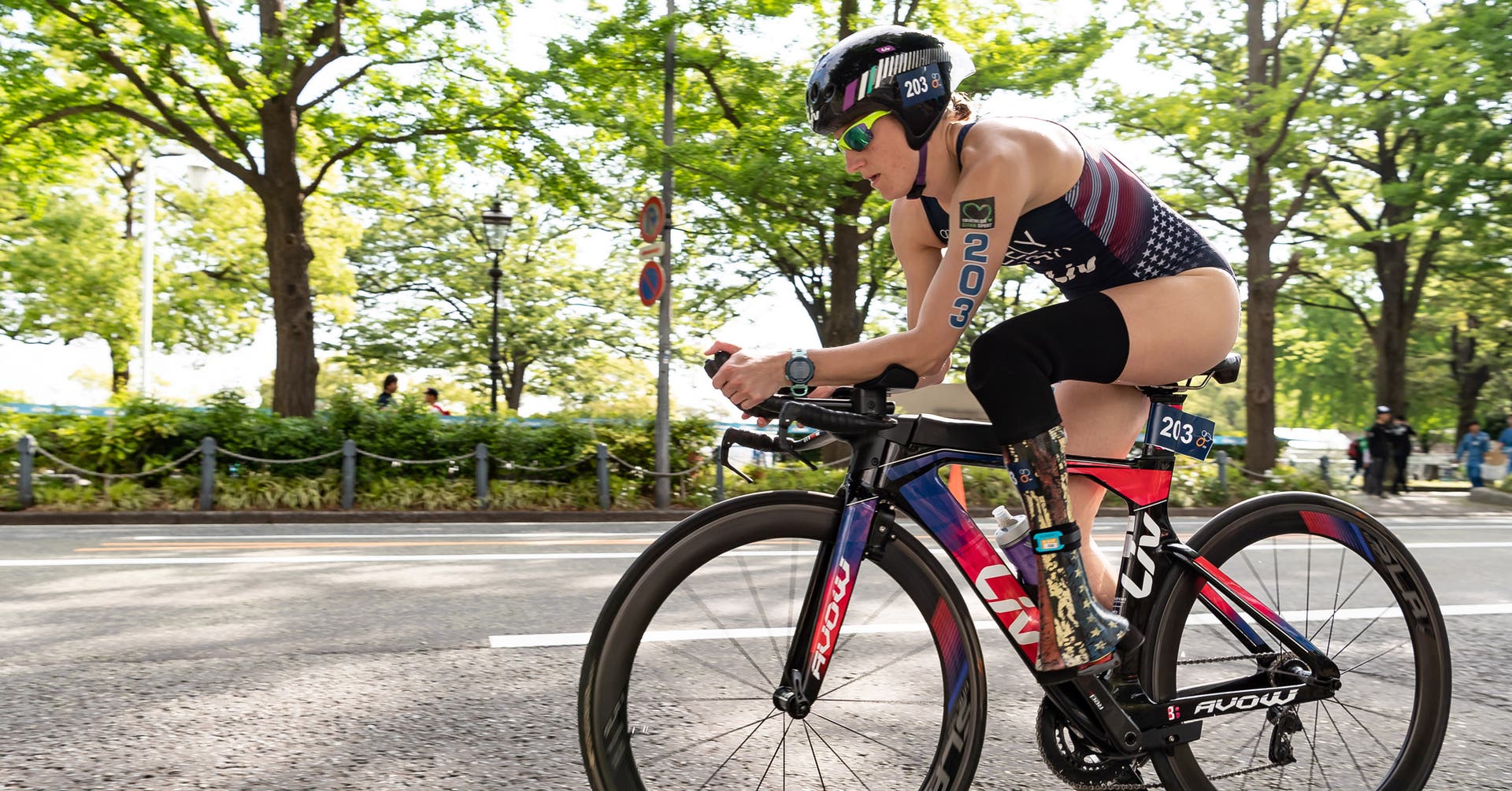
Amanda Duke-Boulet, the paratriathlon program manager for USA Triathlon, has been integral in the success of paratriathlon nationally and internationally. She has been a fierce advocate for the development and inclusion of paratriathlon and for equity at the elite level. At a time when the country is examining our relationship with minority communities, the disability community is often forgotten in discussions that range from employment to sport. Amanda has raised her voice and affected policy to begin to create a more equitable landscape for triathletes with disabilities. Following her example, I have learned how to use my voice and platform to create positive change.
Heather Jackson
4-time Wildflower Triathlon Champion, American Ironman Record holder, four-time top five finisher at Ironman World Championships
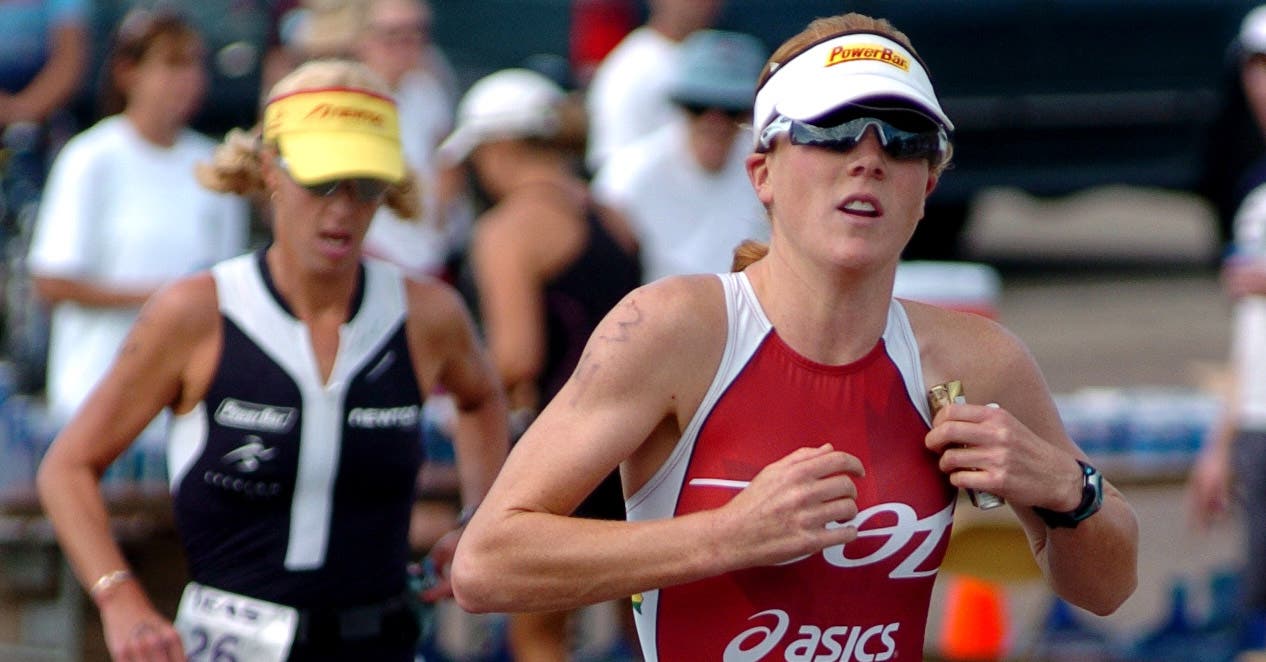
When I first got into the sport around 2008, I was coming from the sport of ice hockey, so I had this kinship with all things Canadian. At the time, two fiery redheads were ripping up the sport of triathlon: Paula Findlay in all ITU races and Sam McGlone with her step up to the 70.3 distance and then Kona. They were fierce, confident dominators, and I wanted to be just like them.
Meredith Kessler
11-time Ironman Champion
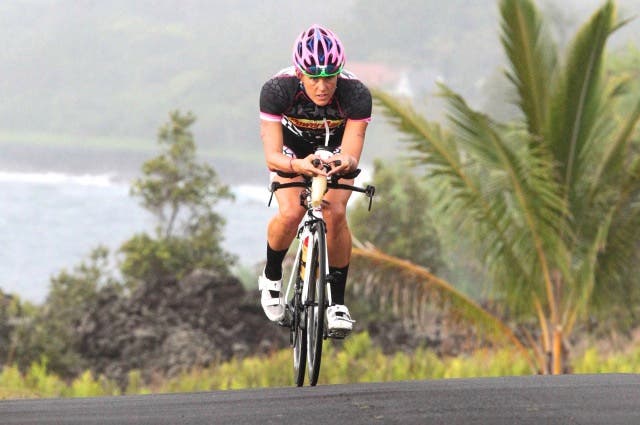
Hillary Biscay’s 2013 victory at the Ultraman World Championship inspired me. Hillary has always had such a powerful ability to be one of the most hard-working, versatile, balanced, and resilient humans that I have ever witnessed, both on and off the race course. The amount of fortitude and gusto that she carries with her day in and day out is something that I have always admired. Just because of who she is, and also after having done nearly 70 standalone Ironmans along the way, It was a sure shot that she would gain this prestigious title of Ultraman World Champion. Hillary exudes excellence, she inspires, she tackles life and sport with zest—it’s something that resonates with us all.
Rachel Joyce
2011 ITU Long Distance Triathlon Champion, 2012 Challenge Roth Champion, two-time runner-up Ironman World Championships
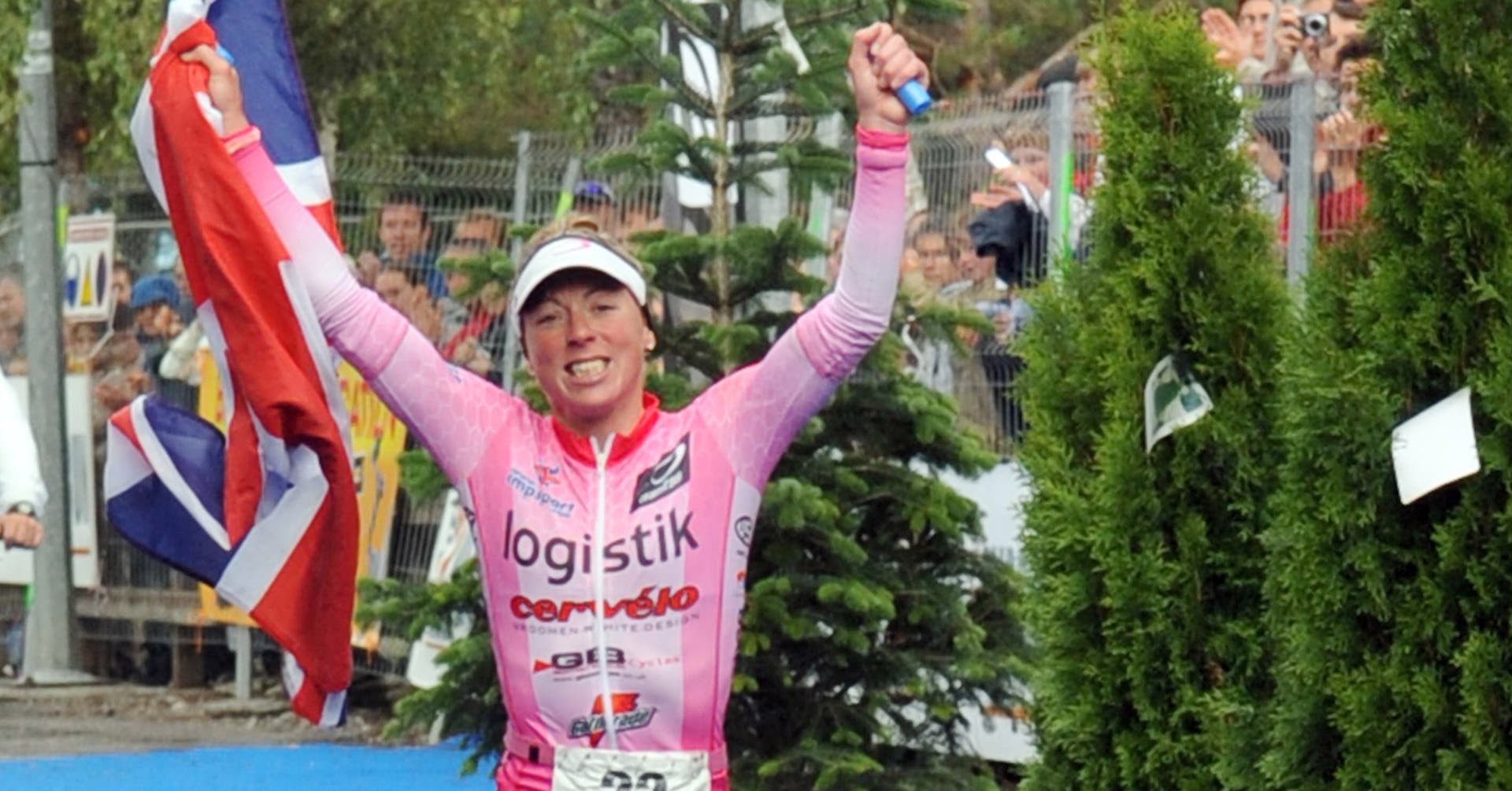
When I was new to the sport of triathlon and racing in the age group ranks, Bella Bayliss (or Bella Comerford as she was then) was on a real tear, and was the dominant woman pro in the UK over the long distance triathlon. I really admired her work ethic: she was totally pro as far as I could see from her blogs and the interviews I read about her. She was also a fierce competitor. I remember the year she won Ironman South Africa, despite having to stop to repair a puncture during the bike ride. She really raised the profile of women’s long-distance triathlon in the UK, which at the time was much more focused on Olympic distance. I believe she raised the level of racing for the next wave of UK women in long-distance triathlon: Chrissie Wellington, Leanda Cave, Julie Dibens, me.
When I toed the line in my first pro Ironman (Ironman Florida 2008) Bella was also racing. She won that day (many minutes ahead of me!) and that really motivated me to train better, adjust my lifestyle to be more professional and basically be better so that I could close that gap next time we raced.
Gale Bernhardt
Coach, 2003 USA Triathlon Pan American Games and Team USA – 2004 Olympic Games; Author
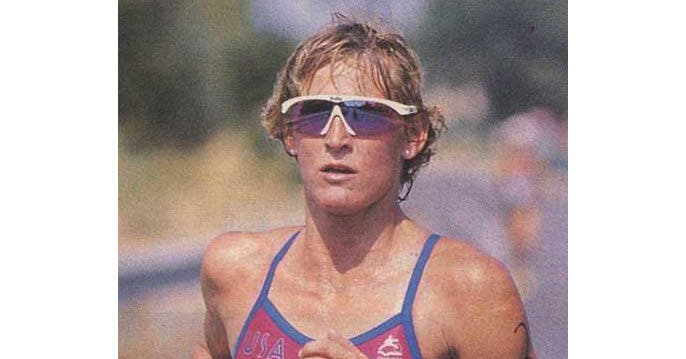
While Julie Moss’s Ironman crawl piqued my interest in the sport of triathlon, it was Jan Ripple that was inspiring. Older than most pro women at the time, she was defying “normal” by being highly competitive and a mom too. Though I am not a mom, I was inspired by her attitude of just getting on with doing what she wanted to do. She didn’t seem bound by society’s restrictions of what she “should” be doing or how she “should” be performing.
Flora Duffy
2016 & 2017 ITU World Series Champion, 2016 & 2016 ITU Cross Triathlon World Champion, 5-time XTERRA World Champion
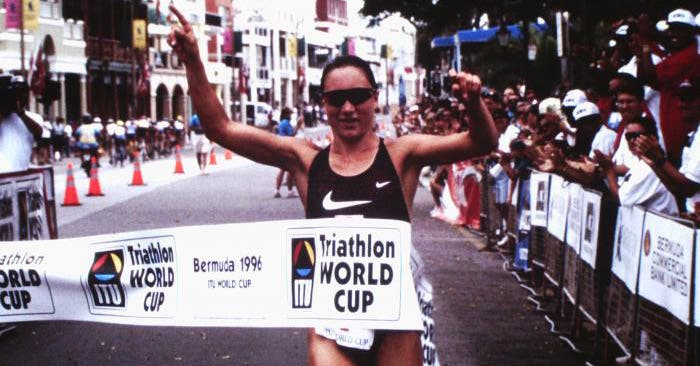
Watching the 1997 ITU World Cup in Bermuda. I was 10 years old at the time and had recently discovered triathlon. It was so amazing to watch the women’s race. I can remember Emma Carney dominating, and that made an impression on me. The significance of women having their own race and equal distance to the men was amazing and definitely not the norm especially compared to the likes of women’s cycling.
Gwen Jorgensen
Olympic Gold Medalist, 2014 & 2015 ITU World Series Champion, USA Triathlon Female Athlete of the Year, 2013 & 2014
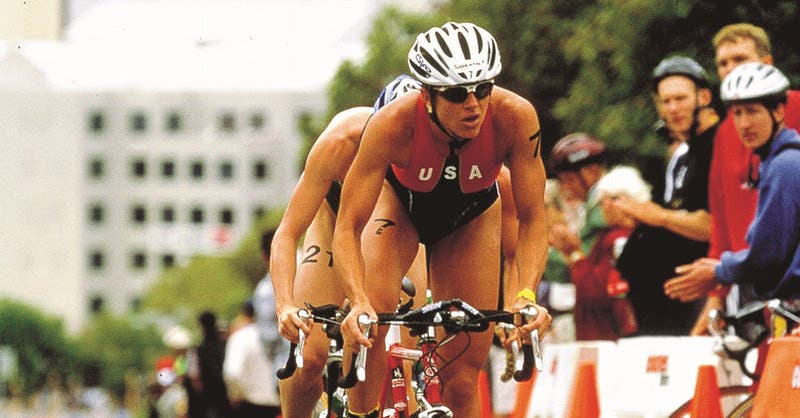
Barb Lindquist not only taught me what an Olympic triathlon was, but she also is the sole person responsible for convincing me to try triathlon. Barb is a 2004 Olympian, but more importantly she is passionate about the sport and a thoughtful, caring, person. Barb Lindquist was my first female mentor who wasn’t a family member. When she reached out to me she appeared to have no agenda. I knew she wanted me to do the sport of triathlon, but I could tell she truly cared about how I was doing as a human being. Barb was patient and kind. She listened to me and helped guide me on a journey that I choose. She taught me how I could follow my own dream by explaining hers and others. We all need more women like Barb. Also, because of Barb, I choose to be on USA Triathlon’s Diversity, Equity, Inclusion, and Access committee. She taught me the importance of female mentors. I have sponsored youth triathletes, hoping I could play a small part in their journey because of what Barb taught me as my mentor.